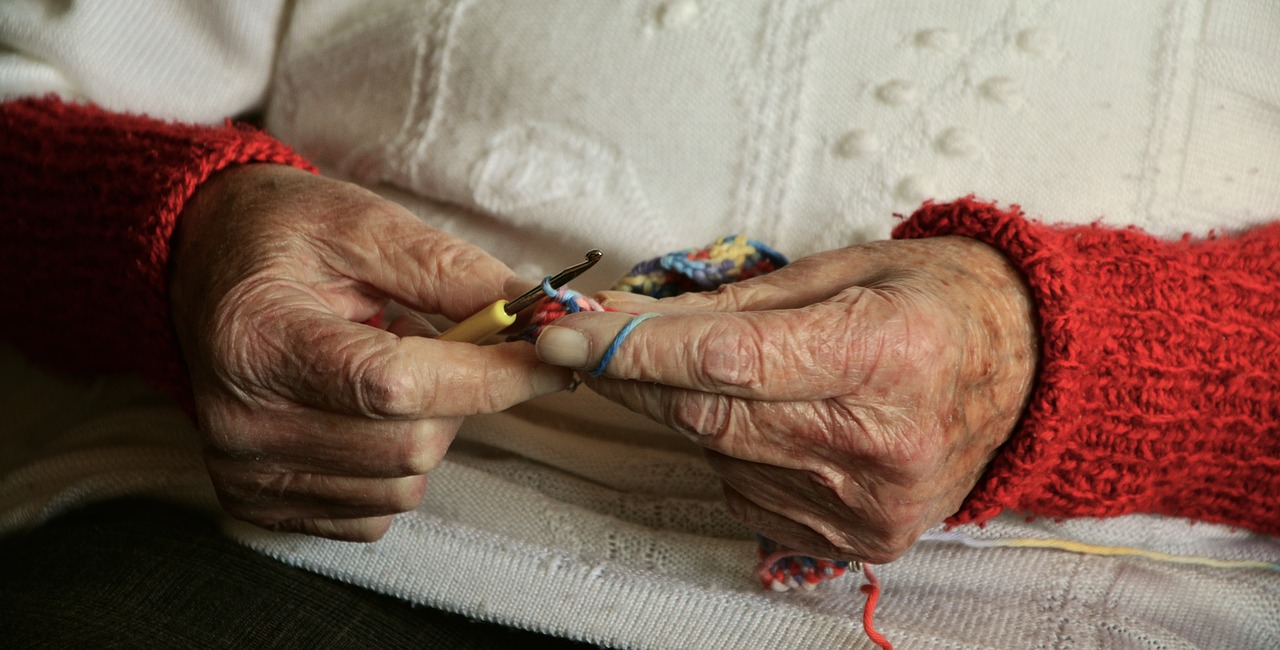Fill our form to download your free research report, written by Dr Mark Hawker.
The Beginner’s Guide To Working In A Care Home
We’ve been talking a lot recently about what it’s like to work in a care home as part of our #UpLiftingCare campaign.
As part of that we had spoken to our followers on Facebook, Twitter and LinkedIn who were working in the industry to find out what they thought were the best and worst parts of their jobs were.
You can read their previous responses here (The Top Five Calls All Care Home Workers Dread Making) and here (8 Things No One Warns You About When Working In A Care Home).
Looking back though, it occurred to us that we may not have given a fully reflective view on what is a truly rewarding profession to work in. With that in mind we went back over all the responses we’d had in and combined them into the below; listing the seven top reasons working in a care home will be one of the most meaningful jobs you’ll ever do…
It’s A Privilege To Make A Difference
Without sounding too gushy (as we do appreciate how hard a job it is), a career working in a care home will be one of the most rewarding things you’ll ever do. There aren’t many jobs in which you can say you make a daily difference to someone’s life, taking care of the residents and giving their families the peace of mind knowing their loved ones are looked after.
You Can Be Flexible
On a slightly more practical level, care home workers are needed at all times of the day and night which means this is the ideal industry for someone looking for a bit of flexibility in their shifts. Whether you’re a student, trying to balance a work life around the kids, just returning to work or even semi-retired, a care home will no doubt be able to accommodate the shift patterns you need.
You’re Part Of A Team
Working in a care home you’ll be part of an interdisciplinary team providing physical therapy, case management and much, much more. Between you and your colleagues you’ll need to work out and implement care plans for the residents.
This reliance on team work will give even the most junior members of staff exposure to a wide range of skill sets with the comfort of a highly qualified team backing them up.
Providing Companionship To Those Who Most Need It
Numerous studies over the years have repeatedly shown that socially isolated, elderly individuals will often feel lonely and depressed and as a result of that may be less physically active and more prone to falls.
Living in a care home will often help alleviate many of those feeling of isolation and a care home worker will play an enormous part in that.
Having a job in which you can claim to provide both physical and (perhaps more importantly) emotional support on an ongoing, day to day basis to someone is no small thing.
Giving Somebody Back Their Dignity And Independence
If you’re anything like us you’ll probably take the ability to complete ordinary daily tasks like getting out of bed, going to the toilet or making a cup of tea for granted. For many elderly people however these tasks can be a daily struggle.
Working in a care home isn’t just about doing these jobs for someone but rather, where possible, helping them do those jobs for themselves; maintaining an individual’s dignity and independence for as long as possible.
Professional Development
A career in a care home will offer many opportunities for professional growth as well as the ability to choose to specialise your skill sets. Most care homes will support an environment that nurtures staff development with many paths open to those looking to specialise in a certain direction.
Getting To Know Your Residents
By its very nature a care home will have long term residents opposed to, say, a hospital ward or maybe even community visits where you’ll see an ever changing blur of faces.
This means that anyone who chooses to work in a care home will be able to really get to know their residents and form deep bonds with them, something most of our respondee’s said was one if not the, most rewarding part of the job.
Do you work in a care home or have you done so in the past?
What did you find to be the most rewarding part of the job? Let us know below…
#UpLiftingCare
- June 12, 2017
- Care Home












